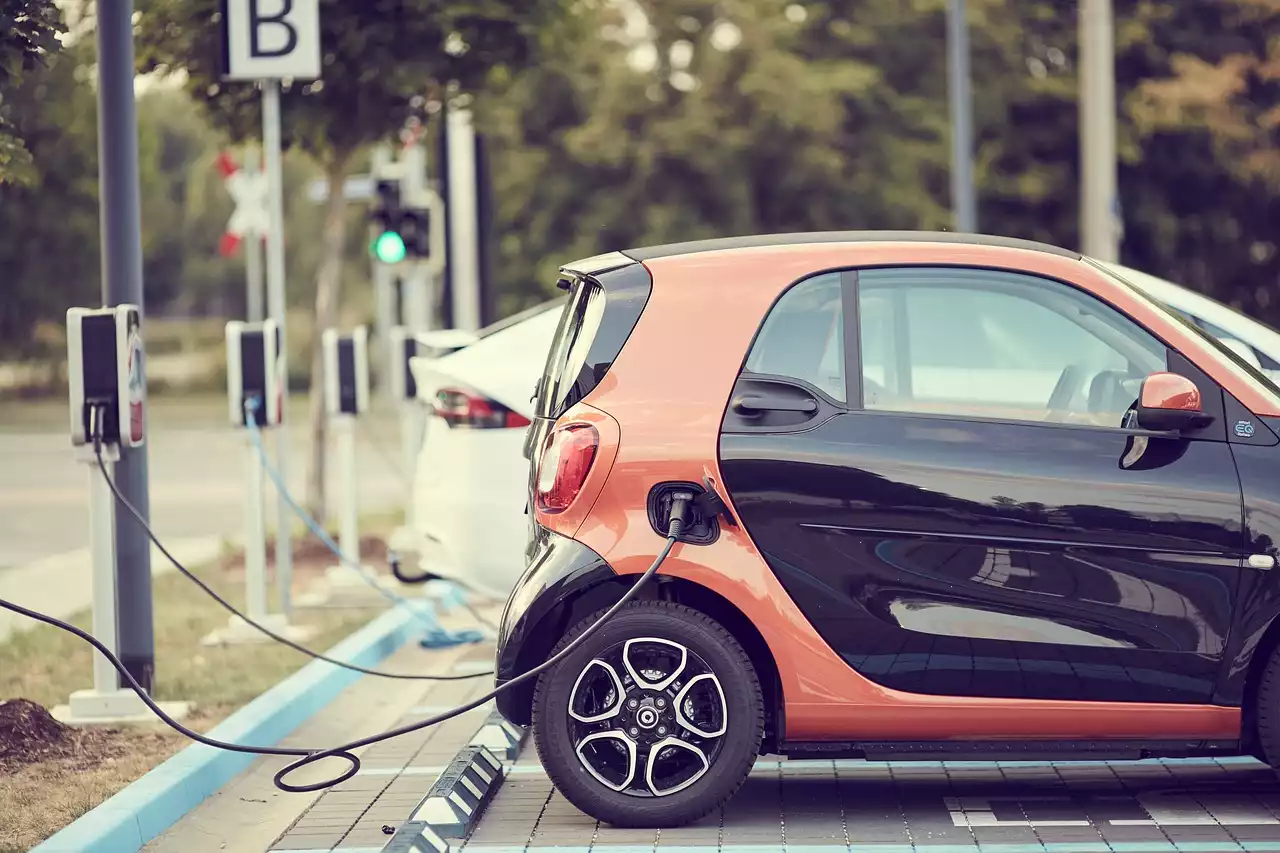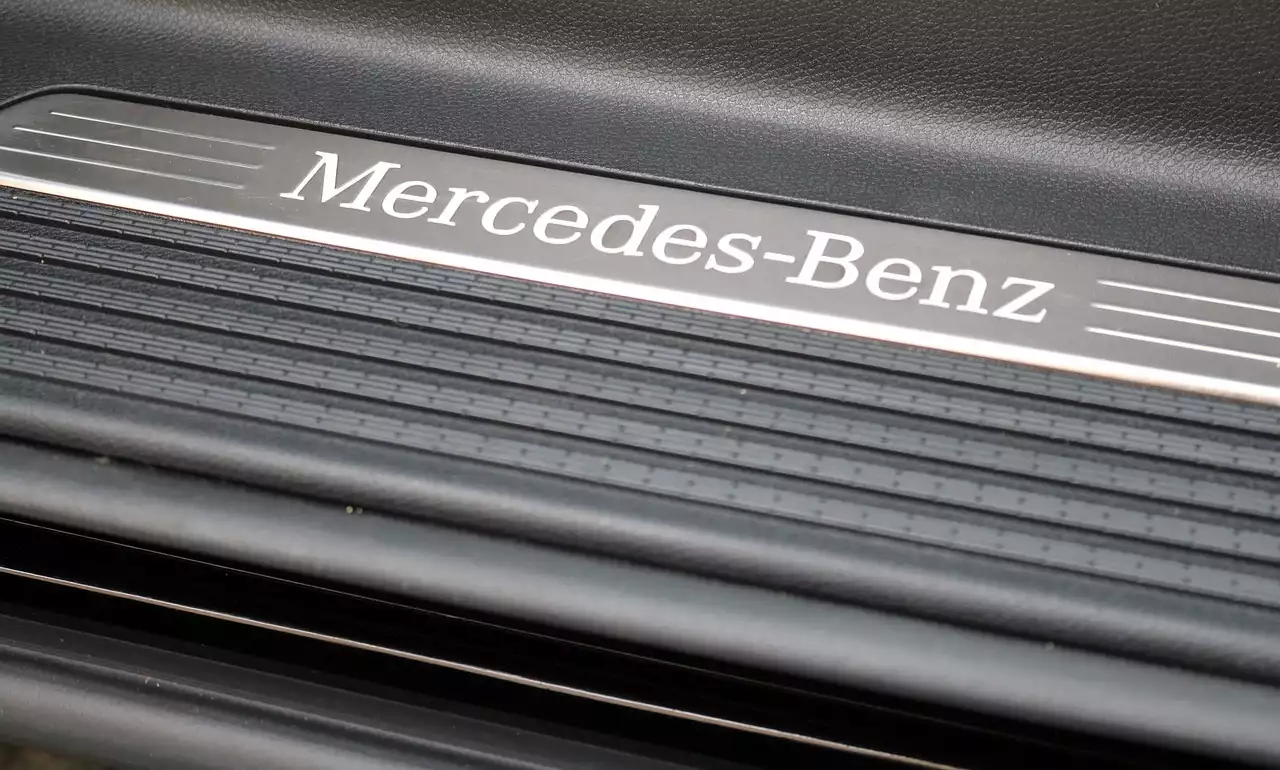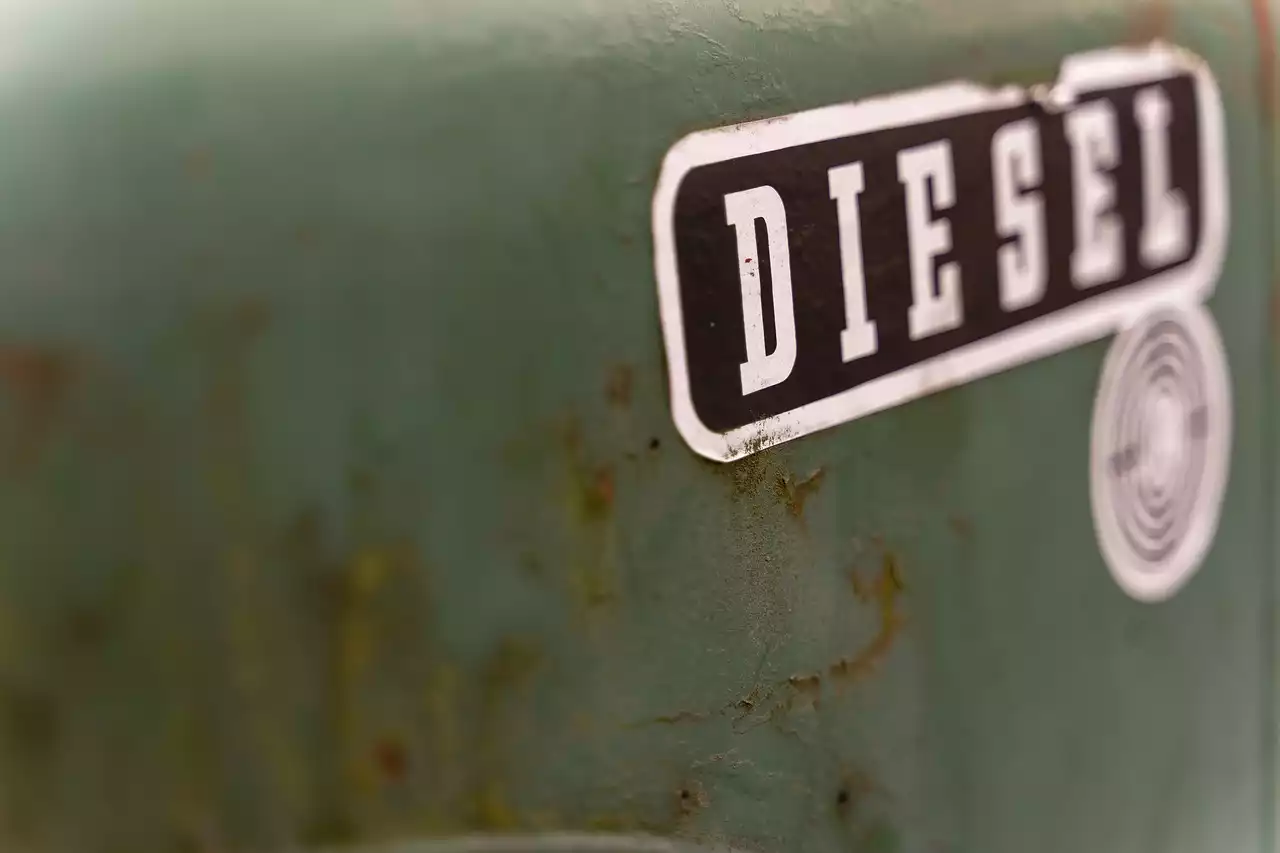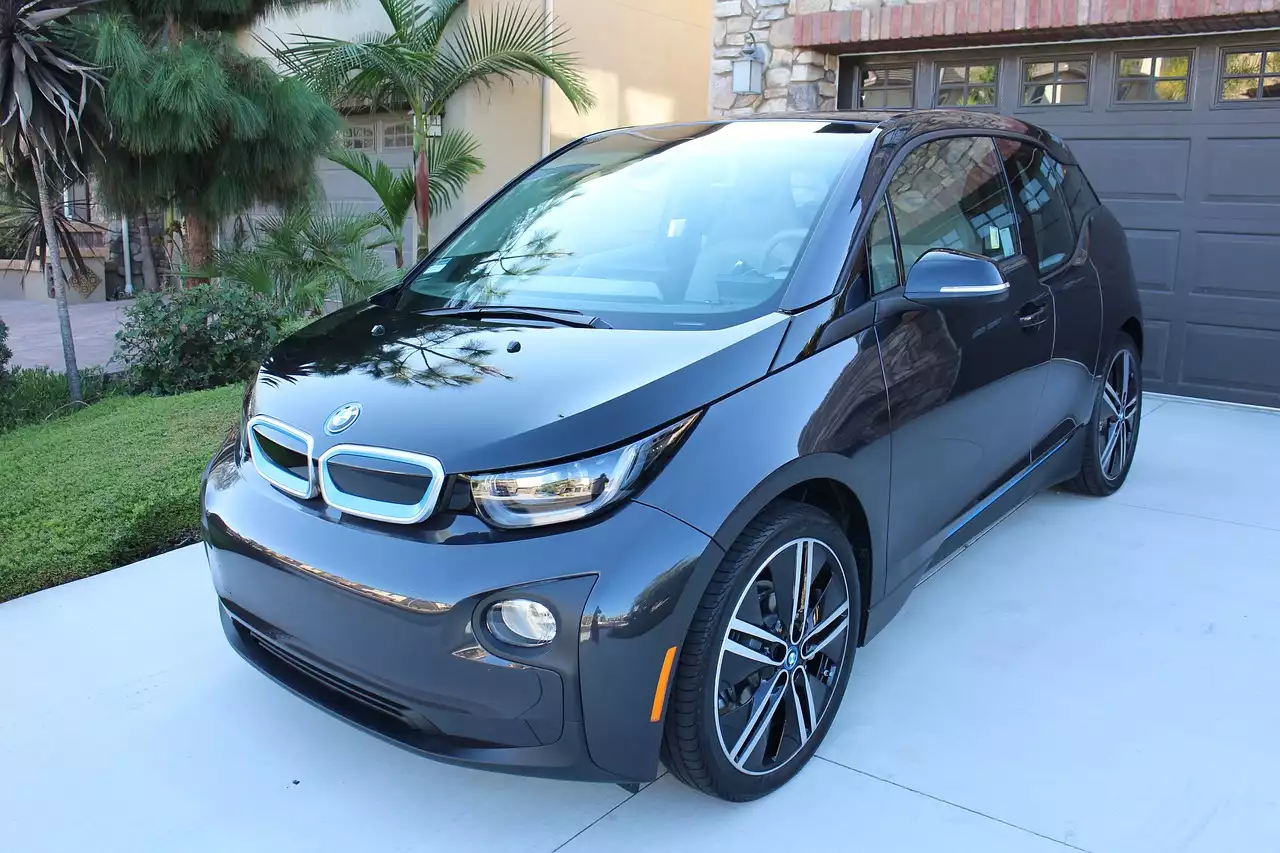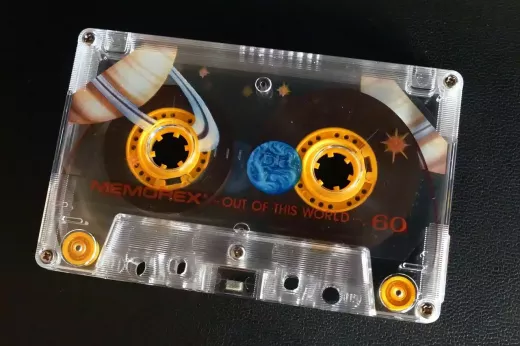Early applications of the diesel engine
The diesel engine was invented by Rudolf Diesel in 1892, at the age of 32. Diesel patented his design for the “compression ignition engine” in 1893 in Germany, and the following year in the United Kingdom. The diesel engine was used to power a wide range of applications during the early 20th century, including ships, trains, and heavy equipment. Diesel engines for ships and trains are still in use today. In the 1930s, diesel cars began to appear in Europe, particularly in France and Germany. A combination of factors, including the Great Depression and World War II, prevented the diesel car from becoming widely available in the United States. The diesel engine is an internal combustion engine that uses diesel fuel. Diesel fuel is an oily liquid that burns with less energy than gasoline but produces significantly more soot and fewer carbon emissions.
The rise of diesel cars
The diesel car underwent significant changes during the second half of the 20th century. The first diesel car in the United States was the 1959 GMC Tropical. Other diesel cars were imported to the U.S. market, including the Volkswagen Beetle diesel and Mercedes-Benz diesel models. However, in the 1960s, U.S. regulators considered diesel exhaust too dirty to meet clean air standards, and diesel car sales in the U.S. declined. Mercedes-Benz ended production of its diesel models in the U.S. in 1971. In 1973, the Clean Air Act brought stricter emissions standards and required automakers to install catalytic converters in new cars. These new regulations made it impossible for diesel cars to meet U.S. regulations. Despite their popularity in Europe, diesel cars never gained traction in the U.S. market.
Benefits of diesel cars
Diesel engines have been used to power heavy trucks and commercial vehicles for decades, but why have they only recently become popular for passenger cars? The rise in popularity of the diesel car can be attributed to several factors, including advances in technology, better fuel, and emission standards. Advances in technology have made diesel engines more powerful and efficient. This, in turn, has made diesel engines more suitable for passenger cars. Diesel engines use less fuel than gasoline engines, and they produce fewer carbon emissions. Diesel engines are also more durable than gasoline engines, as they run at lower temperatures. Automakers have optimized diesel engines to meet emissions standards, and they are now considered an acceptable alternative to gasoline engines. The cost of diesel fuel is also lower than gasoline, which makes diesel cars more economically viable to own.
History of diesel car emissions
The diesel engine has a reputation for being dirty and emitting excessive pollutants. While modern diesel engines do meet emissions standards, diesel car emissions have been a source of public concern since the engine was invented. Rudolf Diesel himself was known to be concerned about the potential dangers of his invention. Diesel engines produce different types of emissions that are regulated by the EPA. Particulate emissions are the most harmful pollutants emitted by diesel cars. To combat these emissions, the EPA began requiring particulate traps in all diesel cars in the late 1980s. The use of selective catalytic reduction (SCR) technology, which was adopted by diesel car manufacturers in the early 2000s, reduced diesel emissions further. Nitrogen oxides (NO x ) are another type of emission that diesel cars produce. However, this type of emission can be controlled with the use of exhaust gas recirculation (EGR) technology. Diesel cars also produce carbon dioxide, but this is a harmless byproduct of all internal combustion engines.
Modern diesel cars
Modern diesel cars emit significantly less particulate matter than older diesel engines. New diesel engines use SCR technology and have been engineered with air pollution standards in mind. Diesel cars also meet federal fuel efficiency standards, and they are more powerful than ever before. Modern diesel cars can travel up to 800,000 miles without needing major repairs, and they have a longer average lifespan than gasoline cars. These diesel cars are also equipped with more advanced technology and more safety features. Diesel cars are equipped with sophisticated computer systems that are designed to optimize fuel efficiency and extend the life of the car.
Benefits of modern diesel cars
Diesel cars have many advantages over gasoline cars, including increased power, lower operating costs, and better fuel efficiency. Diesel engines produce more torque than gasoline engines. This means that diesel cars require less effort to accelerate and they can be more powerful than gasoline cars. Diesel engines are also more fuel efficient than gasoline engines, which means that diesel cars have a lower total cost of ownership.
Challenges with modern diesel cars
While diesel cars provide many benefits, they also pose some challenges. First, diesel cars tend to be more expensive than gasoline cars. This is due in part to the higher cost of diesel fuel. Diesel cars are also less common than gasoline cars and may be harder to find when purchasing a car. Diesel cars may not be as suitable for use in certain areas of the country, as diesel is not as widely available as gasoline. Finally, diesel cars may have a shorter lifespan than gasoline cars.
The future of the diesel car
The future of the diesel car is promising, although there are some challenges ahead. Diesel cars are expected to remain a staple in the automotive world, and they are expected to become even more popular in the coming years. With increased demand, the price of diesel fuel may rise, potentially making diesel cars slightly less economical. In addition, diesel car emissions may be reduced as regulations become stricter, making it harder to comply with emissions regulations. Despite these challenges, the diesel car is expected to remain a prominent part of the automotive industry. The diesel engine is expected to continue to evolve as technology progresses and regulations become stricter. The diesel car is expected to become even cleaner and more efficient in the future.
